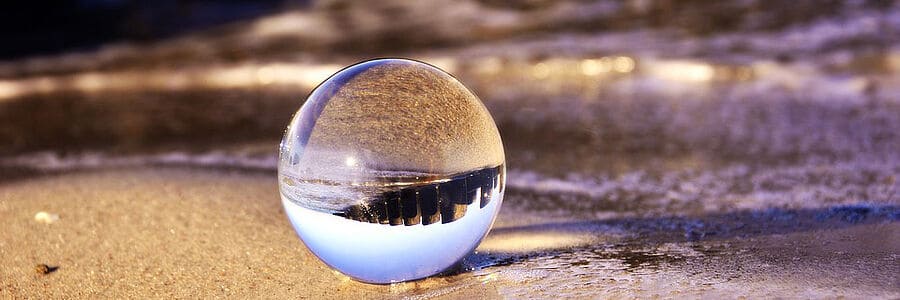The seventh meeting of the Joint Programming Committee, held on 16-17 June 2021, advanced the preparations for building an environment for cooperation across borders on innovative, water-smart and climate-neutral topics for years 2021-2027.

Programming the future
The seventh meeting of the Joint Programming Committee (JPC) was held under the chairmanship of Deimante Jankunaite from the Ministry of the Interior of the Republic of Lithuania. Delegations of eleven countries: EU members states and neighbouring partner countries from around the Baltic Sea, representatives of the European Commission and the Managing Authority/Joint Secretariat (MA/JS) worked together on setting a proper framework for transnational cooperation in the region.
Needs come first
Shaping a funding programme like Interreg Baltic Sea Region is most of all about mapping the existing needs of the region, anticipating new developments in the region, checking how cooperation across borders can successfully contribute to them and expressing this all clearly in line with the EU regulations for such a programme. Still a couple of months ahead of the official launch of the first call for project proposals, Member States are finetuning details on the Programme thematic framework.
Developing Programme rules: in progress
During this meeting, the JPC members reviewed the first draft of the Programme Manual, which will be available for applicants in the autumn. The JPC members also discussed the approach to reporting by projects. With an overall goal to simplify processes, projects will notice, among other things, more targeted questions in the form, focus on reaching and involving target groups as well as on communication.
In addition at the meeting the JPC agreed to preparatory costs offered to projects, which will lessen financial burden at project start.
Budget in planning
Interreg Baltic Sea Region 2021-2027 will continue supporting the implementation of the EU Strategy for the Baltic Sea Region. Representatives of the National Committee of the Strategy joined the meeting to present and discuss best ways to use the Programme funding.
The JPC members also had a first look at the planned technical assistance budget for the Managing Authority/Joint Secretariat. The discussion on this topic will continue in the next meeting.
Communicate Interreg
One of the pillars of the good Programme start is efficient communication. The JPC members reviewed the planned communication activities towards applicants and multipliers. A series of video tutorials will guide the applicants in discovering the new Programme. These will be complemented by webinars dedicated to selected topics. Additionally, information materials will be available on the website.
Relevant partnerships are the cornerstones of a successful project. This is why the Programme will support matchmaking and networking among applicants via a new digital tool that will actively support community building in the Interreg Baltic Sea Region Programme family.
The next JPC meeting is planned for the end of September.






